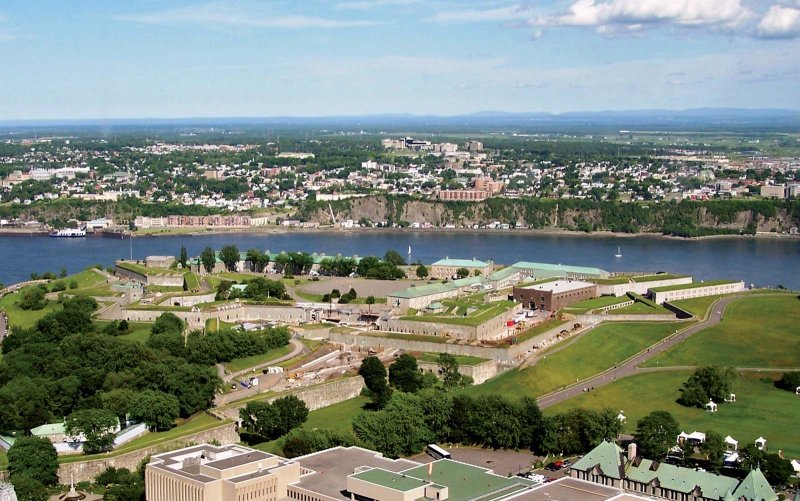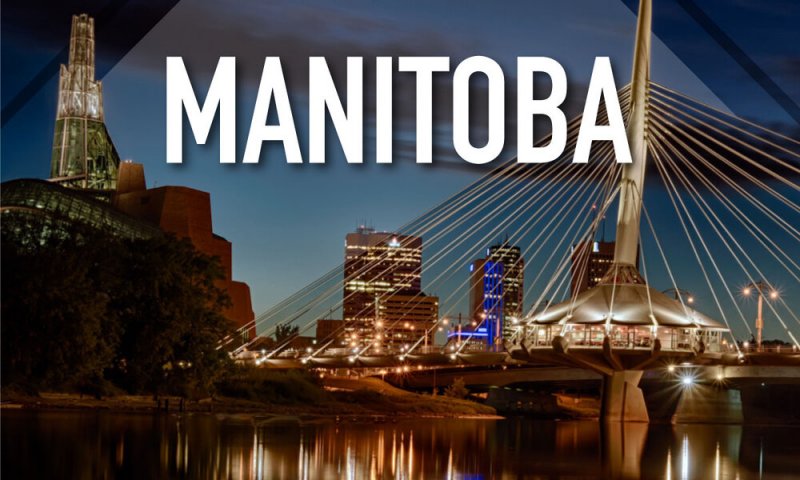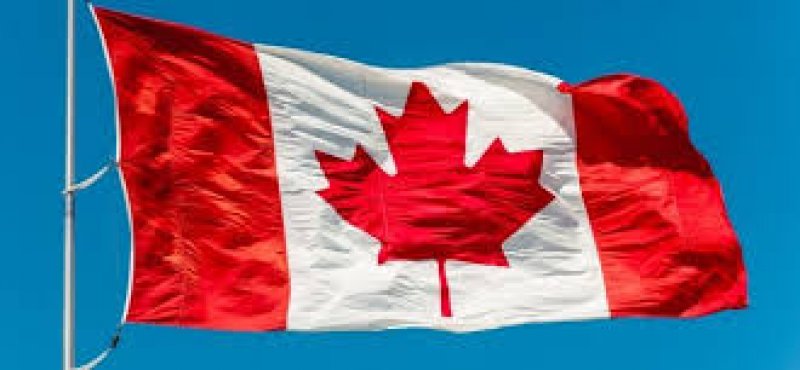
Premier François Legault announced Tuesday that Quebec will require a "health-care contribution" from those who have not had at least a first dose of a COVID-19 vaccine, he charted a path that some provinces may be tempted to follow, writes Star columnist Althia Raj.
Quebec has led the way on heavy-handed measures before. Its revived curfew, which again bans residents from circulating outside between 10 p.m. and 5 a.m., may not have been replicated elsewhere, but this fine — not a user fee — may be too attractive to ignore.
Legault is betting sticks work best as an incentive to vaccine holdouts. Last week, the province made vaccination mandatory for anyone shopping for booze or pot at the province’s liquor and cannabis shops. Appointment bookings for first doses jumped from an average of 1,500 a day to 6,000 the day after the announcement.
Those sticks are a lot cheaper than the carrots Alberta’s Premier Jason Kenney offered his unvaccinated residents. The 152,000 Albertans who got jabbed last fall in return for a $100 debit card cost taxpayers there more than $15 million.
Legault’s goal is twofold: to help boost vaccination levels, and to show solidarity with Quebecers who’ve done all the right things and are getting increasingly exasperated that their lives can’t return to normal because they feel they’re being held hostage by the unvaccinated.
British Columbia’s provincial health officer says the current wave of COVID-19 infections is expected to continue for several more weeks based on the experience of other jurisdictions, though she expects more treatment options to be approved soon.
Dr. Bonnie Henry said Tuesday that many people who have contracted the Omicron variant of COVID-19 are fully vaccinated but their illness has been relatively mild compared with those who are unvaccinated and at higher risk of being hospitalized.
Three people in their 20s and another in their 30s are currently in intensive care in B.C., and all of them are unvaccinated, Henry said.
“It creates a lot of distress for our health-care workers to be caring for young people and seeing them in so much distress when it can be prevented,” she said.
Henry called on everyone to maintain their social connections, outside and virtually, if necessary, to protect their mental well-being as many people are feeling powerless and exhausted from the continued need for vigilance to protect themselves from COVID-19.
“We’re all feeling like we’re getting battered by wave after wave of the storm,” she said.
She anticipated a number of additional treatment options would be available later this month to keep people who are at risk of serious illness out of hospital.
The leaders of Alberta’s largest public and private sector unions are calling for drastic lockdown measures immediately to fight the spiralling COVID-19 Omicron variant.
The leaders are calling for no in-person service at restaurants and bars, closing theatres and casinos, shuttering gyms, suspending recreational sports, and sending students home to learn online as a last resort.
They say it’s a difficult call but necessary to prevent the rapidly spreading variant from flooding hospitals and overwhelming an exhausted, depleted staff of front-line health workers.
But a spokesman for Premier Jason Kenney says the United Conservative government is following and acting on the scientific data for the Omicron wave and that a lockdown is not being considered.
Alberta Health reports 708 people are in hospital with COVID-19 — a rise of 73 from a day earlier — with 80 of them in intensive care.
There are now well over 58,000 active COVID-19 cases in Alberta but Dr. Deena Hinshaw, the chief medical officer of health, has said the case numbers are low and the actual infections are likely 10 times higher.
The unions made the call for a lockdown in an open letter Tuesday.
The letter is signed by the United Nurses of Alberta, the Alberta Teachers’ Association and the Alberta Union of Provincial Employees, which is the largest public sector union in the province.
Two schools have stopped in-person classes in British Columbia, less than two days after most students returned to classrooms following an extended holiday break due to the surging COVID-19 Omicron variant.






There is a growing need to recruit internationally-trained nurses in Canada due to chronic and increasing labour shortages in Canada’s hospitals and clinics.COVID-19’s latest Omicron-fuelled wave